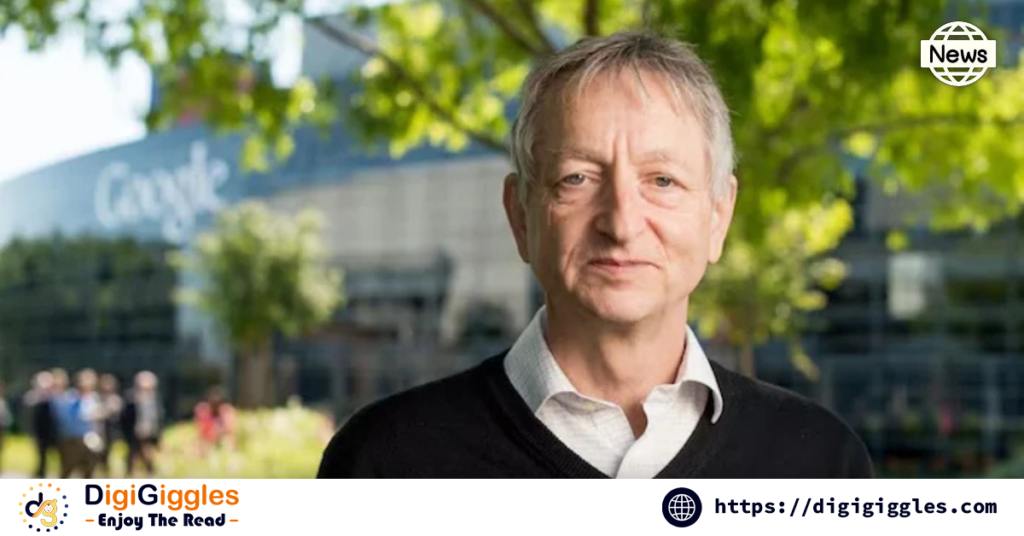
In a groundbreaking moment for artificial intelligence (AI) and scientific innovation, Geoffrey Hinton, often referred to as the “Godfather of AI,” has been awarded the Nobel Prize in Physics. This prestigious recognition comes at a time when AI research is gaining unprecedented momentum globally, signaling a major milestone in the scientific community’s acknowledgment of AI’s transformative potential.
A Pioneering Journey in AI
Hinton’s journey in the field of AI spans decades, with his contributions fundamentally shaping the landscape of machine learning and neural networks. His work, which has inspired numerous advancements in the AI domain, has led to the development of technologies that now permeate everyday life, from speech recognition to autonomous systems. Often regarded as one of the key figures behind the modern AI revolution, Hinton’s groundbreaking work on deep learning has been instrumental in developing systems that can mimic human cognitive processes. His research has laid the foundation for the AI we see today, not only advancing academic understanding but also opening new doors for practical applications in industries like healthcare, finance, and even creative fields.
Why the Physics Nobel?
Traditionally associated with physics, the Nobel Prize selection committee’s decision to award Hinton highlights the growing convergence between AI and physics. As AI increasingly aids in solving complex physical and computational problems, its impact on various branches of science, including physics, has become undeniable. Hinton’s contributions to deep learning and neural networks are seen as having a far-reaching influence on how we model physical systems, thus justifying this prestigious accolade in the context of physics.
A Global Spotlight on AI Research
The Nobel Prize for Hinton comes at a pivotal moment, as AI research is experiencing a significant surge. With the world’s leading tech giants and research institutions investing heavily in the development of AI, the spotlight on ethical considerations, innovation, and long-term impact is sharper than ever. AI’s growing role in solving global challenges—from climate change to pandemic management—has also driven increased attention from policymakers, scientists, and corporations alike. Hinton’s recognition in this prestigious arena will likely boost funding and interest in AI-related research, further accelerating advancements in the field.
Looking Ahead: The Future of AI and Science
Hinton’s Nobel Prize win not only honors his past achievements but also sets a forward-looking vision for the future of AI. In India, where AI research is gaining momentum, Hinton’s recognition may inspire a new generation of researchers and policymakers to prioritize investments in AI and emerging technologies. As AI continues to evolve, the world will be watching closely, and Hinton’s work will remain at the core of this remarkable journey. Geoffrey Hinton’s Nobel Prize win is not just a personal achievement but a testament to the growing importance of artificial intelligence in the broader scientific community. It reflects the seamless integration of AI into fields traditionally dominated by physics and mathematics, signaling a future where interdisciplinary collaboration could drive the next wave of innovation.